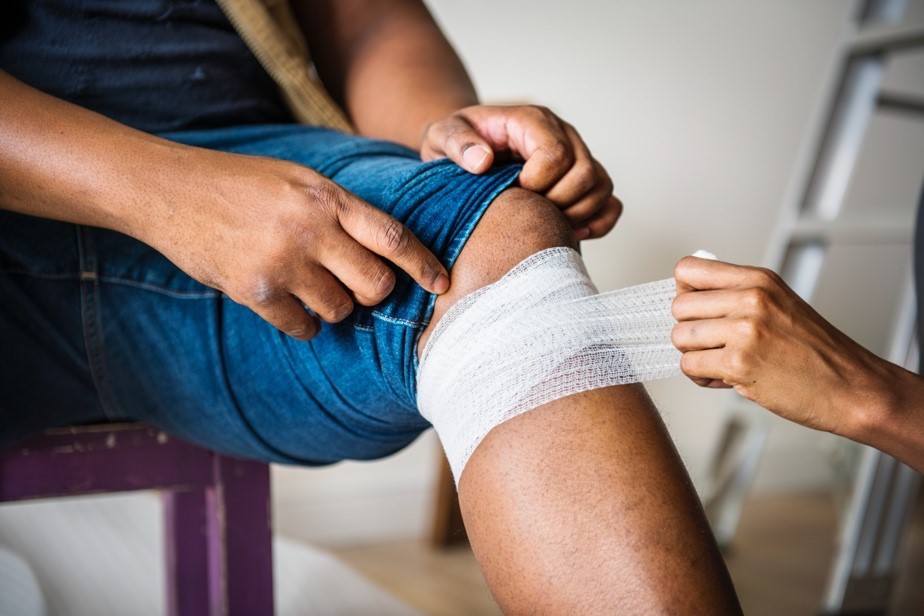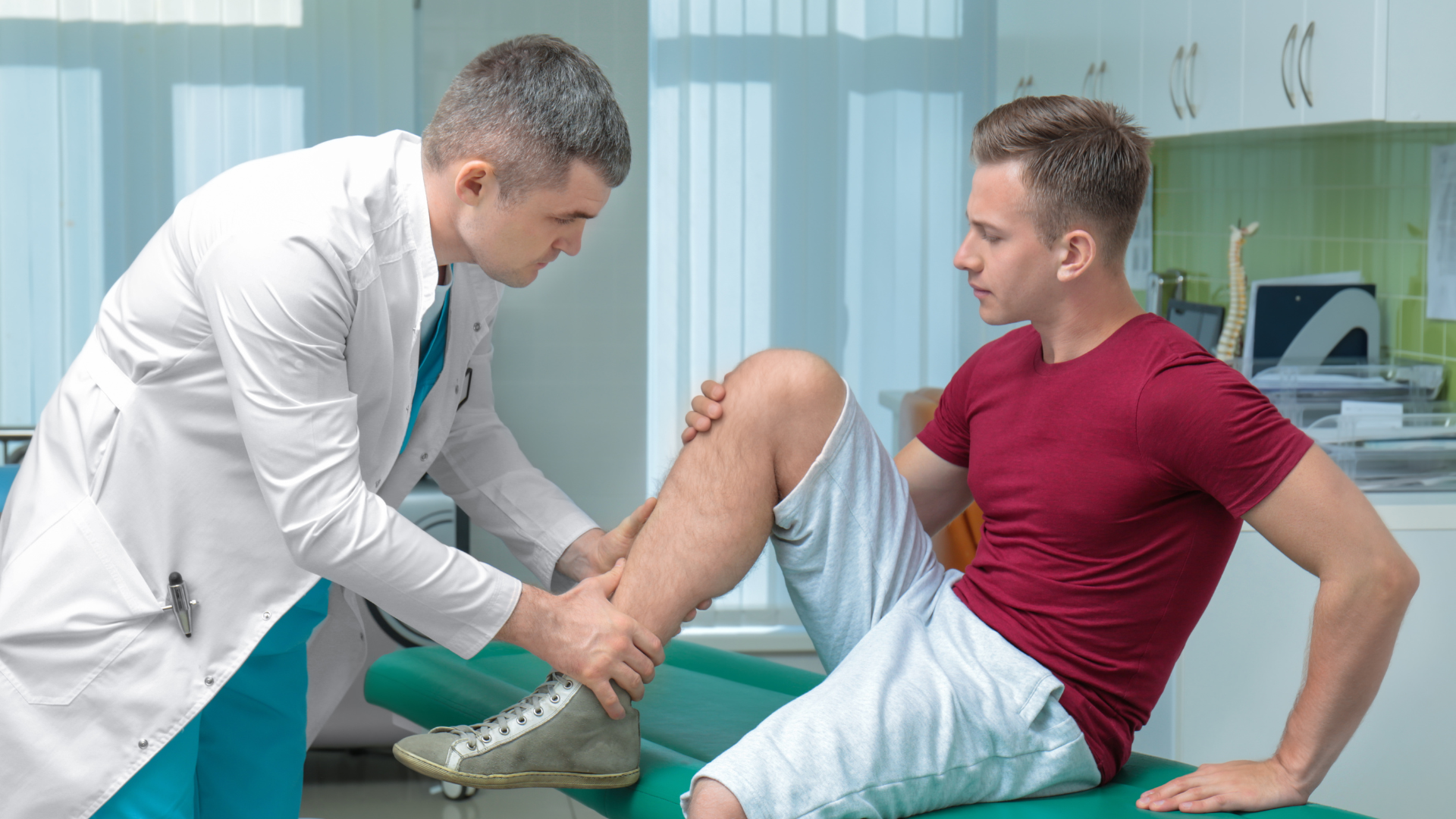
Bouncing Back from Bone Breaks: Understanding and Preventing Fracture-Related Infections
When a bone breaks, there’s always a risk, although small, that bacteria can invade the site, leading to an infection. This risk is higher in open fractures, where the bone pierces the skin, but can occur with closed fractures too.
In this blog we will discuss about what you need to know about fracture-related infections (FRIs), how to spot them, and what you can do to prevent them.
Types of Bacteria Involved
Common bacteria that cause FRIs include Staphylococcus aureus, including MRSA (methicillin-resistant Staphylococcus aureus), and various Gram-negative bacteria.
Symptoms to Watch For!
Post-fracture, notice for signs of infection, such as:
- Redness, warmth, or swelling around the fracture site
- Pus or fluid leakage
- Increased pain or tenderness
- Fever or chills
Risk Factors
Certain factors can increase your risk of developing an infection, including:
- Open fractures
- Diabetes or other conditions that weaken the immune system.
- Smoking, which slows down the healing process.
- Previous infections or surgeries in the same area.
- Diagnosis and treatment
Complications of FRIs
- Delayed healing of the fracture.
- Chronic pain and inflammation.
- The potential need for additional surgeries.
- In severe cases, osteomyelitis (bone infection) or even amputation.
Diagnosis of FRIs
- Clinical evaluation, imaging studies, and laboratory tests, including culture and sensitivity.
- Signs of infection may include pain, swelling, redness, fever, and wound drainage.
Treatment
- Antibiotic therapy, often tailored based on culture results.
- Surgical debridement to remove infected and dead tissue.
- In some cases, removal of infected hardware.
Preventing Infections
Prevention is always better than cure, especially with fractures. Here are some tips:
- Follow your doctor’s care instructions for your fracture.
- Keep any casts or dressings clean and dry.
- Watch for any signs of infection and report them immediately.
- Maintain a healthy diet and lifestyle to boost your immune system.
- Complications of Untreated Infections
- Untreated infections can lead to serious complications, including chronic pain, delayed healing, and in severe cases, the need for amputation. Therefore, early detection and treatment are crucial.
Rehabilitation and Recovery: FRIs
- Physical therapy plays a vital role in regaining strength, mobility, and function after a fracture related infection.
- Exercises, stretching, and weight-bearing activities are tailored to individual needs and progress.
In conclusion, fracture-related infections are a serious but preventable complication of broken bones. By being vigilant for signs of infection, following medical advice, and taking care of your overall health, you can ensure a safer and faster recovery.




